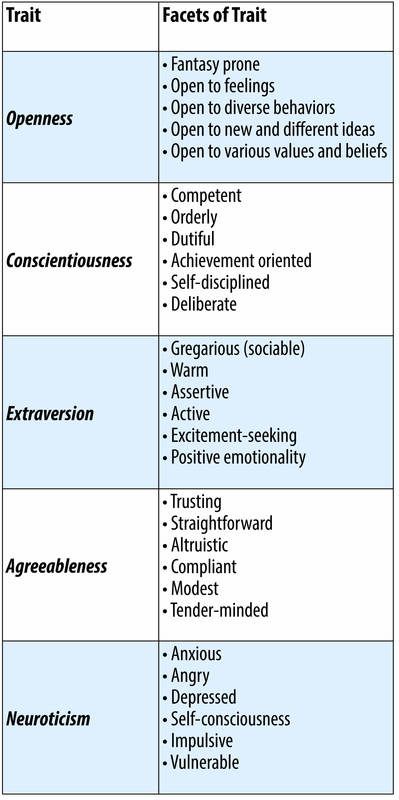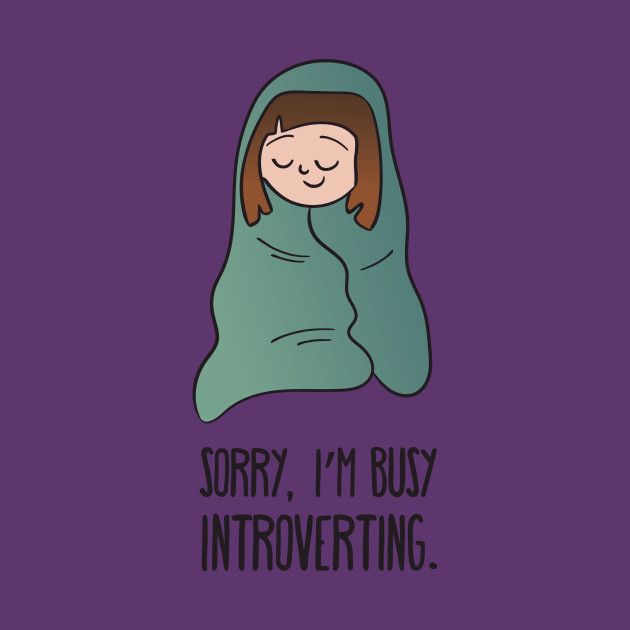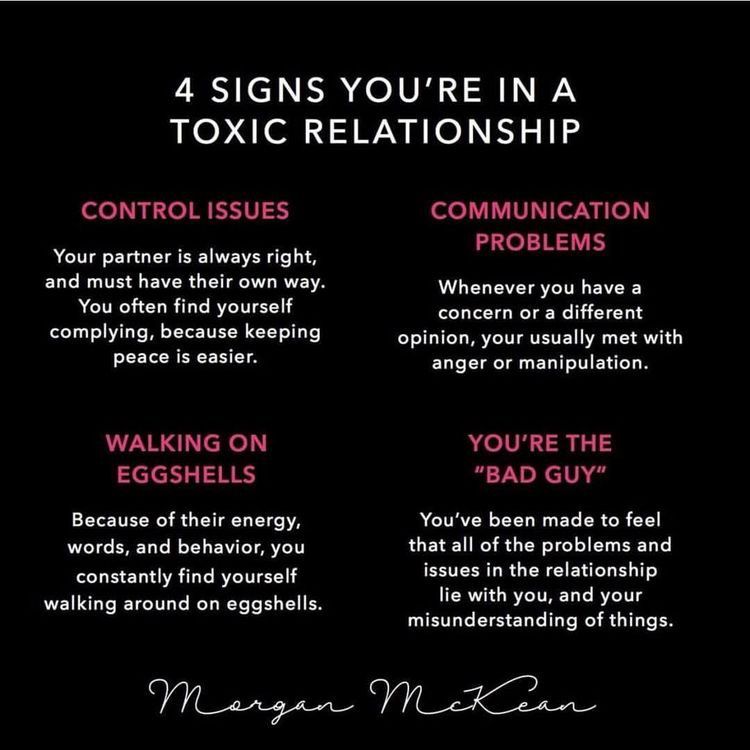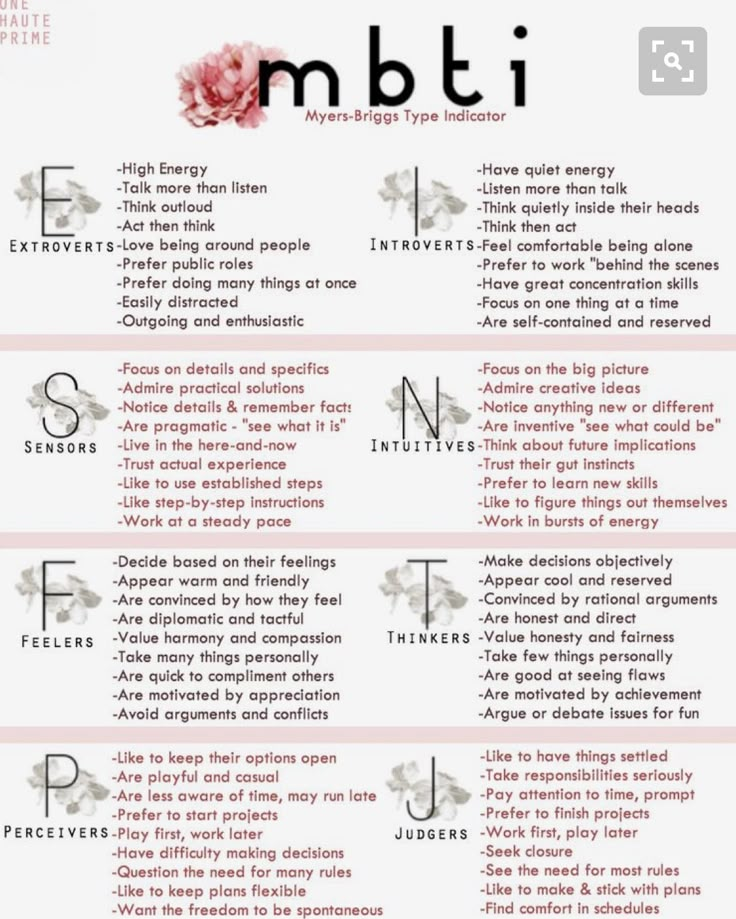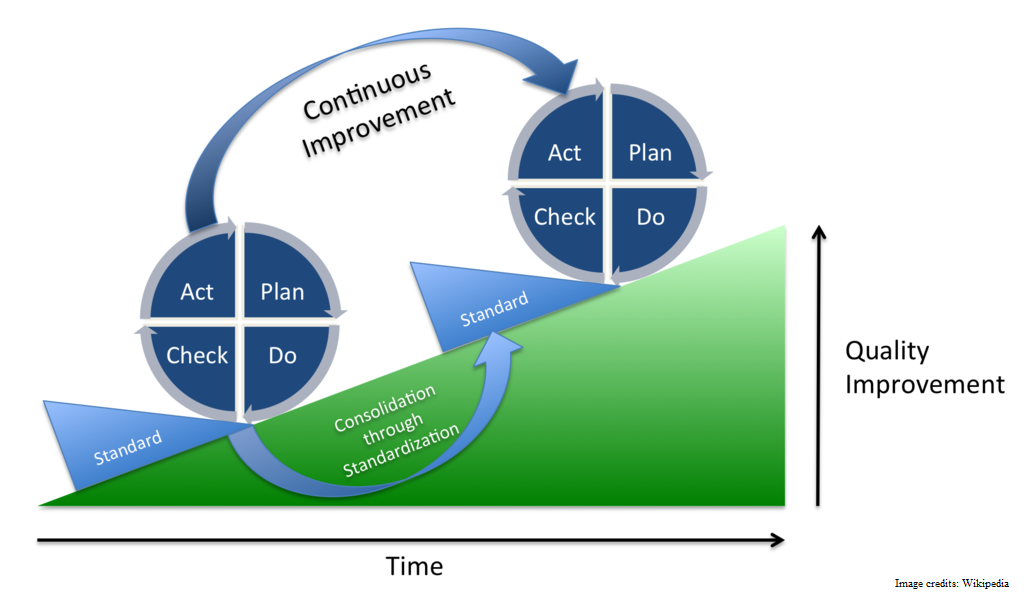Missing out on life
Depression: Understand Symptoms and Get Help
Text A Crisis Counselor
Message A Crisis Counselor on WhatsApp
What is Depression?Depression is a feeling that nothing matters that is so strong it interferes with one’s ability to function in the world. School? Work? Social life? Depression can make getting out of bed every morning like climbing Mt. Everest. The good news is you do not have to climb the mountain alone. Asking for help could help you unlock the tools to make the climb easier. No sweat—you’ve got this.
Symptoms:There are a few key symptoms that could indicate you are experiencing far more than your average bummer.
According to the American Psychological Association, symptoms of depression could include:
- Depressed mood. All-day. Every day. For days.
- Unintentional, significant weight loss
- Not having any energy even after you’ve slept well
- Feeling worthless or guilty
- Having a hard time concentrating or making decisions
- Thoughts of death or ending your life
Our Crisis Counselors are here to help. Text a Crisis Counselor at 741741, or use the mobile text button below. Let’s take on depression together.
Depression can likely make you feel isolated and alone. No fear—we’re here for you. Nobody should have to go through their dark times on their own. Together, we’ve got this.
Here are a few ways to start working through sadness.
- Text us. Getting vulnerable about what is going on in your life is the ultimate sign of bravery. We’re ready to be brave with you. Connecting with a real human could help you work through the sadness in the moment and strategize ways to get out of the dark place in the long term. Text HOME to 741741 to chat with a Crisis Counselor.
- Self-care. If you’re feeling depressed, taking care of yourself can feel like a feat. Pick one thing to focus on like eating a meal, getting dressed, or taking a shower. Did you pick one? Ok, great. Let’s do this.
- Let someone in. When you’re depressed, likely the last thing you want to do is spend time with other humans.
 In reality, science says maintaining key aspects of your social life can be a powerful way to manage your depression. Try letting even one friend in and telling them what’s going on. Need a place to start? Try shooting them a text like this: “Hey, I’m having a hard time and could use some company. Want to hang out?”
In reality, science says maintaining key aspects of your social life can be a powerful way to manage your depression. Try letting even one friend in and telling them what’s going on. Need a place to start? Try shooting them a text like this: “Hey, I’m having a hard time and could use some company. Want to hang out?” - Talk to a pro. Mental health is health. So, sometimes it requires doctors to help you figure out the best plan for you. It’s never too early to ask for help. Getting help from a pro could help you unlock the tools to get out of the dark place.
Common types of depression include:
- Major Depression: According to the National Institute of Mental Health, Major Depression is the most common type of depression. Usually, it is two or more weeks of depression symptoms like feelings of worthlessness, feelings of guilt, and a lack of interest in things you used to love.
- Bipolar Disorder: Bipolar Disorder is not the same as depression.
 However, it often includes symptoms of depression—one’s mood will swing from the highest of highs to the lowest of lows.
However, it often includes symptoms of depression—one’s mood will swing from the highest of highs to the lowest of lows. - Postpartum Depression: Having a baby can change the hormones in one’s body. Sometimes, this hormonal change can trigger symptoms of depression. About 16% of mothers will experience postpartum depression within a year of childbirth.
- Premenstrual Dysmorphic Disorder (PMDD): Hormonal changes can be a wild ride for your brain and your body. PMDD is a type of depression that affects women during their period. It includes symptoms that are more severe than your usual PMS.
- Seasonal Affective Disorder (SAD): Sometimes, people can experience depression around major changes in seasons. Usually, people experience SAD during the winter when the weather is cold and the days creep shorter. Often, SAD improves with the next change in seasons. That doesn’t mean you need to wait it out to get help. Reach out to your doctor. And, of course, shoot us a text, too.

Risk factors for depression include:
- Family or personal history
- Major life stressors, including trauma or life changes such as the end of a relationship, a family loss, moving, or changing careers.
- Chronic disease or certain medications
- Drug and alcohol addiction
- Experiences of racism
- Women in their late teens to early 30s are at increased risk
Even the most severe cases of depression can be treated. And, the sooner you seek help, the better. Treatment for depression typically consists of therapy and medication. Other things to consider if you are managing depression:
- Engaging in regular physical activity and exercise
- Maintaining healthy and regular sleep patterns
- Spending time with friends and loved ones and accepting help when offered
- Understanding that your mood will improve gradually, not immediately
- Continuing to learn more about your depression and maintaining awareness of what works, and what doesn’t, as you and your doctor try out different treatment options
- Talking to your doctor is a great first step to learning more about how you’re feeling and the options around managing your mental wellness that will be most effective for you.

Depressed? Text a Crisis Counselor at 741471 or use the mobile click to text button below. You’re not alone.
Pass 741741 On To A FriendYou never know who might need Crisis Text Line. Pass it on and tell the people in your life to text HOME to 741741 if they’re ever in crisis.
Pass 741741 On To A Friend
You never know who might need Crisis Text Line. Pass it on and tell the people in your life to text HOME to 741741 if they’re ever in crisis.
In a crisis?
Text HOME to 741741 to connect with a volunteer Crisis Counselor
Free 24/7 support at your fingertips.
Text Us
Text Us
Become a Volunteer | Crisis Text Line
Skip to content
This information is for our service in the United States. If you have any questions throughout the application process, email [email protected] and someone will get back to you!
What Does a Volunteer Crisis Counselor Do?
Crisis Text Line is the free, 24/7 text line for people in crisis in the United States. The service is powered by volunteer Crisis Counselors who work remotely—anywhere with a computer and secure internet connection works.
The service is powered by volunteer Crisis Counselors who work remotely—anywhere with a computer and secure internet connection works.
Crisis Counselors answer texts from people in crisis, bringing them from a hot moment to a cool calm through active listening, collaborative problem solving, and safety planning.
Get Started
I volunteer for Crisis Text Line because practicing empathy and reflective listening makes me a better friend, partner, and employee.CRISIS COUNSELOR, STUDENT
How Do I Become a Crisis Counselor?
This all begins with training. In 30 hours, you’ll walk away knowing reflective listening, collaborative problem solving, and crisis management. (These are skills that will help in your personal relationships too!)
You can train from anywhere—in your PJs, in a coffee shop, wherever—and our Crisis Counselors highlight this intervention training on their resumes when interviewing for jobs, applying to grad school, and building out their LinkedIn profile.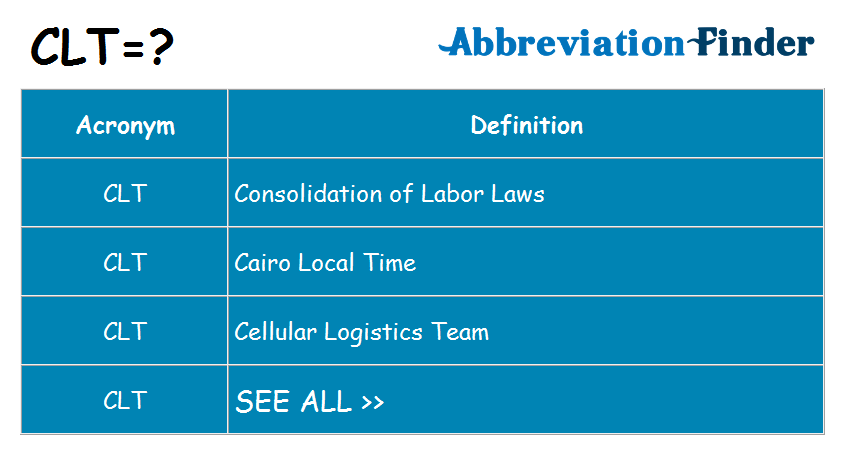
Time commitment & Hours
When the rest of the country is sleeping, 2/3 of our crisis situations—and by default texter volume—occurs at night. Our greatest need for Crisis Counselors is between 7pm and 3am PST (10pm and 6am EST).
Are you a night owl or early riser? Looking for an odd-hours volunteer opportunity in crisis intervention? You’ve found the right place!
Volunteer Crisis Counselors commit to volunteering 4 hours per week until 200 hours are reached. Ideally, we expect you to fulfill your commitment within one year. Before you begin as a counselor, you’ll also complete a training period to give you all of the expertise you need to successfully and empathetically navigate crisis intervention.
This training is free for you, but it costs Crisis Text Line $1,008 to train each Crisis Counselor. So, we need volunteers to see training through to the end and serve out their 200-hour commitment.
Get Started
Benefits of becoming a Crisis Counselor
This is an opportunity to hone your skills in communication, counseling, and intervention. You’ll be working alongside volunteers who are also social workers, therapists, and psychiatrists which can in turn sharpen your crisis management skills!
You’ll be working alongside volunteers who are also social workers, therapists, and psychiatrists which can in turn sharpen your crisis management skills!
But most of all, you’ll feel supported. This is a community. We are a big awesome family.
Ready to become a Crisis Counselor?
We accept applications on a rolling basis. We begin new training cohorts weekly, but space is limited.
To apply, applicants must be 18 or older and have a US Social Security Number and/or a US address. To volunteer, Crisis Counselors must have access to reliable Internet access and a personal computer.
The Process:
Step 1
Complete the 30-minute Crisis Counselor application and consent to a background check
Step 2
Complete the 30-hour web-based crisis counseling and intervention training.
Step 3
Take your first counseling shift and start changing lives!
Get Started
Being a Crisis Counselor teaches me so much around believing in hope, trusting the process, and deepening compassion — for others and for myself.CRISIS COUNSELOR, STUDENT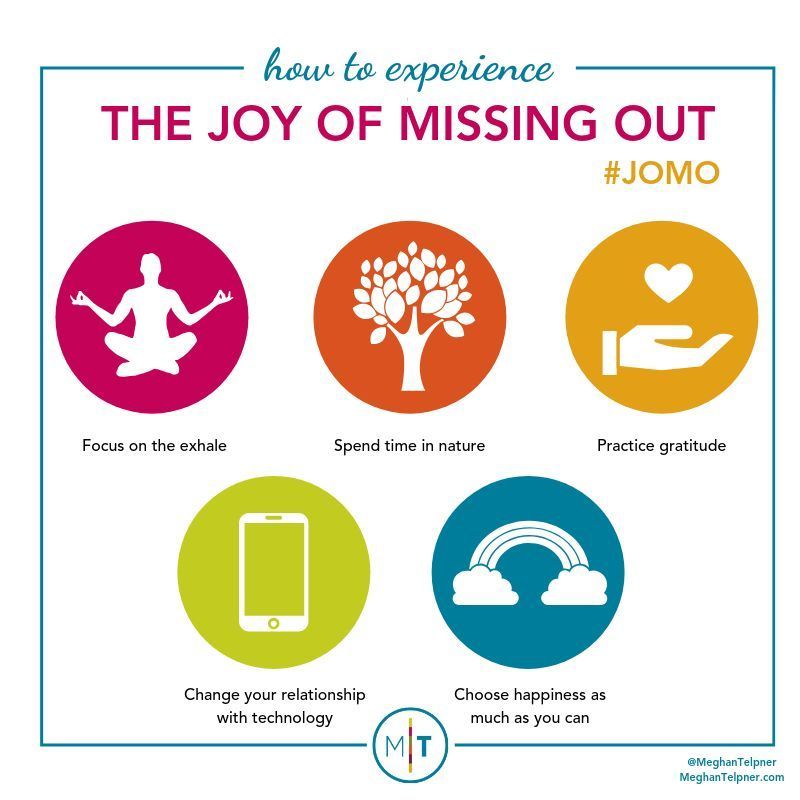
In a crisis?
Text HOME to 741741 to connect with a volunteer Crisis Counselor
Free 24/7 support at your fingertips.
Text Us
Text Us
Data insights, news, and more straight to your inbox.
Email Address
Thanks for signing up!
Life is not here: how to stop being afraid to miss something
- Forbes Woman
- Victoria Filippova Author
Do you think that all the people you know are successful people, and only you do not have time to do anything, mired in a routine? Congratulations, you have signs of FOMO syndrome
The term FOMO is heard more and more often in the professional environment - feeling of missing out, the feeling that you are missing something. Something "important" passes by while you're doing your own thing. It causes anxiety and anxiety. And it makes a person spray, grab at everything and jump in desperation into the last cars of trains leaving in opposite directions. nine0019 If at least one of the situations listed below painfully responds to you, then I can assume that you, too, have become a victim of the FOMO syndrome. Have you had similar thoughts?
Something "important" passes by while you're doing your own thing. It causes anxiety and anxiety. And it makes a person spray, grab at everything and jump in desperation into the last cars of trains leaving in opposite directions. nine0019 If at least one of the situations listed below painfully responds to you, then I can assume that you, too, have become a victim of the FOMO syndrome. Have you had similar thoughts?
Finished reading here
“Former classmates are doing a brilliant career, and I'm stuck in the second decree in a row. How many interesting projects I miss! When I finally go to work, the market will not be the same and it will not be possible to grow quickly.”
"Colleagues get a second degree and even an MBA, but I am completely mired in a work routine and I miss my chance for development and a career." nine0019 “Friends have posted that they are going to India for a retreat.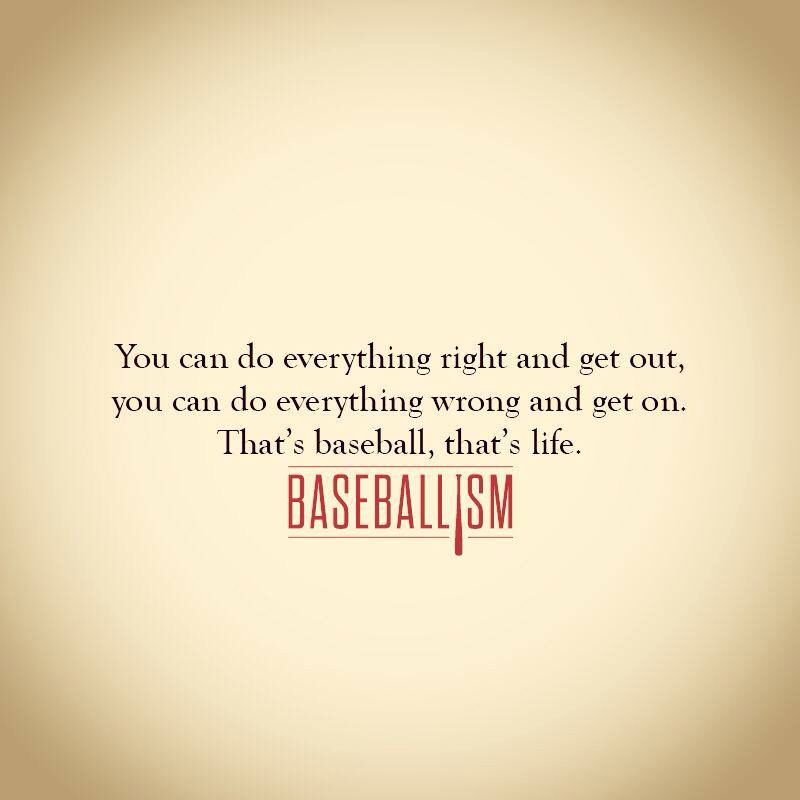 10 days of vipassana, and then a trip to Ayurvedic centers. How can family people carve out so much time for themselves personally?
10 days of vipassana, and then a trip to Ayurvedic centers. How can family people carve out so much time for themselves personally?
“When did she have time to give birth to her third child? She's only 30! I haven't even been married yet."
“How does she manage to be an HR director of a large company and at the same time publish, speak and maintain a popular blog on social networks so much? I am in the same position all day in the office, and I do not have a minute of free time. nine0005
And I experienced the FOMO effect when my middle son was three months old. I got a call from a new customer-employer, and I agreed to go to him with one of my fellow partners. I really didn't want to do this. The kid was so vulnerable, small and touching. And at home there was a whole world: cozy and protected, like a cocoon, from which you don’t want to get out into the outside world. Why did I agree to this meeting? It's all because of the stupid feeling that something will pass me by, that by sitting at home, I'm missing out on career and financial opportunities. nine0019 On the morning of the meeting, the baby had a fever. I was rushing about like a tiger in a cage: I am letting down a colleague with whom I agreed to go, and my company, I look irresponsible in front of a new client! As a result, I didn’t go to the meeting, I stayed at home with the child, but I was very worried that I had failed and missed an important business event.
Why did I agree to this meeting? It's all because of the stupid feeling that something will pass me by, that by sitting at home, I'm missing out on career and financial opportunities. nine0019 On the morning of the meeting, the baby had a fever. I was rushing about like a tiger in a cage: I am letting down a colleague with whom I agreed to go, and my company, I look irresponsible in front of a new client! As a result, I didn’t go to the meeting, I stayed at home with the child, but I was very worried that I had failed and missed an important business event.
Now, after the lapse of time, I don’t even remember which company I was supposed to go to, but I remember very well how I worried about a sick child. How stupid of me to think that I was missing something out there, when the most important thing was with me, "inside" my world. nine0019 A similar thing happens with social media users. Many people there seem to live a parallel life. People are driven by the same fear of missing out. It seems to them that real life is there, in virtual reality. The idea of taking a break from social media makes many of us feel anxious and restless. What if it's something important? What if everyone knows and I don't? And even for a few days, not everyone succeeds in “falling out” of this aggressive flow of information and “getting off the radar” of their subscriptions. At the same time, the same social networks increase regret about missed opportunities. When an ordinary woman sees that others manage to build a career, give birth to children, go on retreats, publish books, study in all kinds of courses, launch their online projects, it seems to her that she has missed everything and is now on the sidelines of someone else's success. nine0005
It seems to them that real life is there, in virtual reality. The idea of taking a break from social media makes many of us feel anxious and restless. What if it's something important? What if everyone knows and I don't? And even for a few days, not everyone succeeds in “falling out” of this aggressive flow of information and “getting off the radar” of their subscriptions. At the same time, the same social networks increase regret about missed opportunities. When an ordinary woman sees that others manage to build a career, give birth to children, go on retreats, publish books, study in all kinds of courses, launch their online projects, it seems to her that she has missed everything and is now on the sidelines of someone else's success. nine0005
FOMO syndrome is dangerous because it makes you doubt yourself and diverts the focus of attention from things that are really important for a person. So how can he resist?
There are two tactics you can use to keep this feeling from destabilizing your life.
1) Ask yourself a question: let's say I realized this (I went to a retreat, wrote a book, went to an MBA, started learning Chinese), but no one but me knows about it and will not be able to appreciate it. Do I still experience happiness and satisfaction from this? If your answer is “yes”, then the goal is similar to the true one. Run all teasing ideas and projects through this question. I'm sure many of them will be unnecessary. nine0019 2) There is a "theory of waves", according to which different spheres of life in different periods of time rise and fall. This wave has lifted your career to the crest, and it is developing rapidly and successfully without any obvious efforts on your part. The sphere of hobbies, personal time and recreation at that moment was at the bottom. And this is not a problem, because in the next period of time another wave will come, and you will have opportunities for recreation and travel, and your career will slow down a bit. We must trust this natural course of events, not break it and ourselves, trying to do everything at once. Listen and look closely at what is happening in your life, try to catch the current trend, focus on it and “ride the wave”. So it is easier to achieve success than to fight the current. nine0019 Many things become obvious only after some time or from the height of the years lived and the experience gained. But life passes so quickly, it is so swift that it is important to be able to separate the wheat from the chaff in the moment (and not years later), focus on the main thing and not feel sorry if any of the opportunities fly past.
Listen and look closely at what is happening in your life, try to catch the current trend, focus on it and “ride the wave”. So it is easier to achieve success than to fight the current. nine0019 Many things become obvious only after some time or from the height of the years lived and the experience gained. But life passes so quickly, it is so swift that it is important to be able to separate the wheat from the chaff in the moment (and not years later), focus on the main thing and not feel sorry if any of the opportunities fly past.
- Head of IBM in Russia: “Don't try to be what others want you to be”
- Successful and lonely. Why you can't choose between career and family
-
Victoria Filippova
Author
#female career #social media #family and career
Forbes Newsletter
The most important thing about finance, investment, business and technology
“While everyone is having fun, my life is passing by”: why we feel this way and what to do about it
January 8, 2022 Motivation
First you need to calm down and analyze your desires. nine0005
nine0005
Just a minute ago you were in a great mood, but you scrolled through your Instagram feed* and now you feel disgusting. One of your acquaintances has been traveling around Southeast Asia for the second month, another has been attending lectures on AI and robotics, a third has been posting photos from his morning run every day.
And it seems that you are not particularly interested in robots, and you prefer yoga to running, but after watching the tape it still seems that you are missing something important. We understand where this feeling comes from and tell you how to get rid of it. nine0005
Why is this happening
If this unpleasant, anxious, annoying feeling is familiar to you, then you are faced with the fear of missing out (FOS). When he overpowers you, you probably feel like something interesting is happening to everyone around. With everyone but you. And you are trying to keep up with this sparkling life, but you are always late, lag behind and look with regret as events, acquaintances and opportunities pass by.
According to various sources, from 40 to 56% of people experience fear of lost profit from time to time. Moreover, men suffer from it more often than women. These are the "symptoms" of this fear. nine0005
- You are constantly afraid of missing important events, news, opportunities.
- You go to all parties, corporate parties and other gatherings because you are worried that something interesting will happen without you, and you will not know.
- You strive to be available for communication around the clock - do not turn off the phone, check messages in instant messengers.
- You update your social media feed as often as possible.
- You have a strong desire to please others and to get their approval. nine0008
Also, people who experience the fear of lost profits tend to drink alcohol more often and in large quantities. And more prone to depression.
Where does fear come from
We live in social networks
86% of people use social networks every day. According to some reports, we risk spending five years of our lives on them. And the loss of time is not the worst thing. We go to social networks to relax, unwind, or satisfy boredom, but instead we get tired and depressed. And we endlessly compare our lives with the lives of friends and acquaintances. Or rather, with the image that they consider it necessary to show the world. And we come to the conclusion that we ourselves and our life do not quite reach this image. nine0005
According to some reports, we risk spending five years of our lives on them. And the loss of time is not the worst thing. We go to social networks to relax, unwind, or satisfy boredom, but instead we get tired and depressed. And we endlessly compare our lives with the lives of friends and acquaintances. Or rather, with the image that they consider it necessary to show the world. And we come to the conclusion that we ourselves and our life do not quite reach this image. nine0005
And of course, we can't get rid of the feeling that we're always missing something. Fear of lost profits torments more than half of social media users. And, paradoxically, it makes them seek solace ... in social networks. Yes, people who are tormented by SUVs are more likely to check messages, scroll through the feed and see what's new with their friends.
The mechanism is quite simple. Having read the news about someone else's eventful life, a person is nervous and tries to calm down by flipping through the tape. As a result, it falls into a vicious circle. nine0005
As a result, it falls into a vicious circle. nine0005
More than that. We ourselves make this circle revolve. When, in an effort to get rid of anxiety, dissatisfaction and envy, we post overly cheerful, far from the truth posts and photos. As if we are trying to show: look, everything is fine with me too, I am not lagging behind, I am no worse than the others! This is how the "Facebook*-personality" is formed - an idealized, but flat and far from reality image of a person. Looking at which, others also feel fear and anxiety.
Some researchers believe that the fear of lost profits is caused not by social networks themselves, but by tons of information that they help spread. In the old, pre-Internet times, we could follow the lives of a dozen or two acquaintances, friends and colleagues. At the same time, they hardly knew what all these people eat for breakfast, how many kilometers they run in the morning and what they buy in stores. And now, leafing through a friend feed, we become spectators and almost accomplices of many lives. And it's not easy for everyone. nine0005
And it's not easy for everyone. nine0005
We are dissatisfied with life and want to be no worse than others
And this dissatisfaction is a great fertilizer, thanks to which the fear of missing out, spurred on by social networks, blooms luxuriantly. According to studies, people who are dissatisfied with their lives experience SOS more often than those who are satisfied with everything.
This dissatisfaction stems in part from constant comparisons of oneself with others. And the desire to be better than others. Or at least not worse.
In many ways, the need to constantly flip through the feed in social networks is dictated by this: we are trying to make sure that we do not lag behind others. This desire to be part of the majority even has a name - the effect of joining the majority or the "bandcar effect". And conformism is to blame for everything, which scientists consider an automatic reaction of the brain and one of the survival mechanisms. nine0005
We suffer from perfectionism
That is, we not only want to be better than others, but also try to become perfect. And we suffer because we don't live up to that standard. We can’t run a half marathon right away, we go to bed late and are not able to get up early to do yoga and meditate, we don’t have time to go to exhibitions, lectures and courses, we are too tired to go to a party on Friday night.
And we suffer because we don't live up to that standard. We can’t run a half marathon right away, we go to bed late and are not able to get up early to do yoga and meditate, we don’t have time to go to exhibitions, lectures and courses, we are too tired to go to a party on Friday night.
Perfectionism can be called one of the diseases of our time. Now it is 33% more common than a quarter of a century ago. In addition, perfectionism may destroy mental and even physical health. People exposed to it are more likely to suffer from depression, hypertension and other diseases. nine0005
We do not understand what we really want
Social networks broadcast a certain standardized image of a “full-fledged” and “successful” person, which we read and perceive as an indisputable truth. This image may vary slightly depending on where you live, interests, environment, and level of education.
But, as a rule, its general features remain unchanged: the “correct” person makes good money and works hard, but at the same time manages to live an active life. He gets up early, goes in for sports, reads a lot, travels and has time to spend time with his family. If we are talking about a woman, then she, of course, flawlessly looks after the house and children, goes to beauty treatments, does needlework or creativity. nine0005
He gets up early, goes in for sports, reads a lot, travels and has time to spend time with his family. If we are talking about a woman, then she, of course, flawlessly looks after the house and children, goes to beauty treatments, does needlework or creativity. nine0005
That being said, our own interests may not match this glossy picture at all. But we, wanting to keep up with the majority, sometimes do not even realize it.
And if we do not listen to ourselves, do not understand our own desires, then we easily become victims of the fear of lost profits.
But when we clearly know what we love and what we don't, other people's photo reports don't hurt us. Well, yes, it's great that my friend goes to concerts, but I'm not interested. So, there is no cause for concern. nine0005
How to cope with the fear of lost profits
Unfortunately, there is no magic life hack. As in the fight against any fear, you will need patience, attention to yourself, long hard work. And here's what can help.
And here's what can help.
Be here and now
No matter how trite and hackneyed it may sound. It's not just about mindfulness and meditation. Forget about the subjunctive — “what would happen if I…” — and focus on the benefits that you get at a particular moment. Friday night you stayed at home, and your friends post funny stories from the club? Yes, skip the party, but you can spend the evening in silence and relax. nine0005
Don't compare yourself to others
But compare yourself to the old self. You have been working out in the gym for several months, but your shape is still not like that of fit girls from Instagram*? Look at your photos before class starts. And by the way, be sure to start taking such pictures: this is both an opportunity to track progress and a source of motivation.
The same applies to other aspects of your life. Somewhere photographs will help, somewhere tests (for example, to assess the level of English) or a 2-personal income tax certificate (to see how income changes). It would not be superfluous to keep a diary - for example, a “five book”, thanks to which you can clearly see how your views and attitude to life are evolving. nine0005
It would not be superfluous to keep a diary - for example, a “five book”, thanks to which you can clearly see how your views and attitude to life are evolving. nine0005
Be grateful
And these are not empty words: gratitude increases the feeling of happiness. Start writing down who you would like to thank for what you have. For example, a friend who supported you at the right time, or a colleague who helped solve a difficult issue. Or even a random passerby who cheered you up with a compliment or a smile.
One can and should give thanks not only in the diary. Don't forget to say "thank you" in person. Or write notes and messages. A person will be pleased, and he will have an additional incentive to do something good. nine0005
Take a break from social networks
24% of social network users dream of taking a break from at least one of them. If friend tape brings you anxiety, discomfort, and envy instead of joy, it may be better to take a break - for a day, a week, or even a month.
